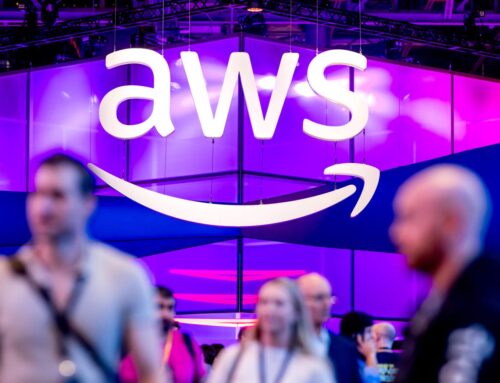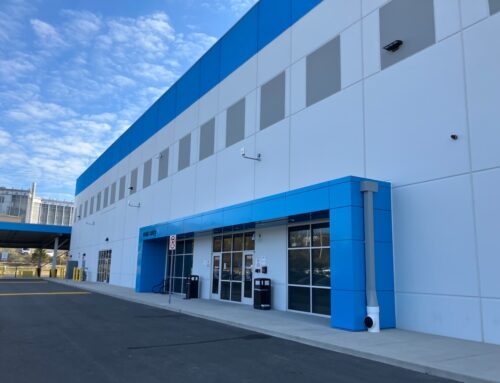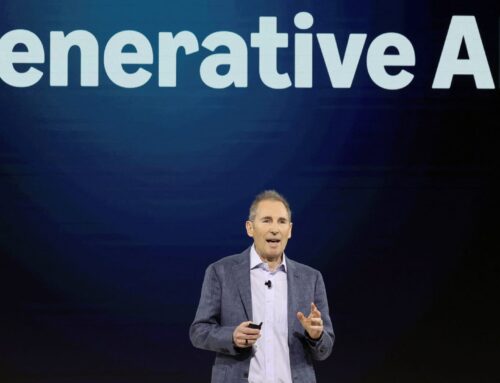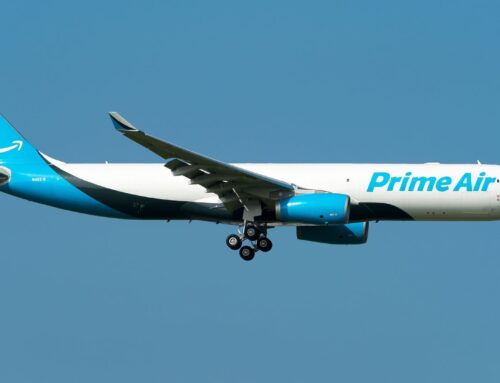Deforestation-Free Beef: Markets, The Economy, And The Environment Working Together
October 30, 2025
When we talk about our changing climate, many begin with focus on carbon emissions from cars, factories, and power plants. But another remarkable driver of rising global temperatures is hiding in plain sight: the beef on our plates. As the 30th United Nations Climate Change Conference, COP30, approaches in Brazil, global attention is once again turning toward bold climate solutions. And one of the most transformative opportunities lies within the agribusiness sector of the host country itself.
Brazilian beef is responsible for nearly 25% of total tropical habitat loss each year. As global demand for beef rises, so too does the pressure to convert native forests—especially in the Amazon—into pastureland. This deforestation threatens one of the most biodiverse ecosystems on Earth. It’s also releasing massive planet warming emissions into the atmosphere, jeopardizing not only our precarious climate, but also Brazilian agricultural productivity and global food security.
But there is hope—and it’s coming from within Brazil itself.
In 2023 the state of Pará, located on the eastern edge of the Amazon, launched a groundbreaking initiative that could change the trajectory of cattle production in the region. With support from The Nature Conservancy and a coalition of civil society and private sector leaders, Pará introduced Brazil’s first mandatory cattle traceability program with environmental requirements.
More than a bureaucratic checkbox, it’s a bold step toward transforming the cattle industry from a driver of deforestation into a force for conservation and economic growth.
Why Traceability Matters
Cattle traceability means tracking each animal from birth to slaughter, including where it was raised and how the land was managed. This level of transparency is critical for enforcing environmental regulations. When producers know their cattle can be traced back to deforested land, they have a strong incentive to comply with conservation laws—or risk being cut out of the market.
Importantly, traceability empowers companies and investors to identify and eliminate deforestation from their supply chains. It shifts market incentives away from habitat destruction and toward smart, sustainable land use. In short, it aligns economic interests with environmental stewardship.
A Win for the Environment—and the Economy
The environmental benefits of traceability are clear. But what’s equally exciting is the economic opportunity it creates.
A recent study by Bain & Company and The Nature Conservancy found that the Pará program could spur nearly 50% growth in the cattle industry. That’s because traceability opens doors to premium markets that demand deforestation-free beef. It also improves farm-level productivity by encouraging better land management practices and providing smallholder farmers with access to new tools and technologies.
Major players in the beef supply chain are already taking notice. Meatpacking giant JBS has launched pilot programs aligned with Pará’s requirements and plans to scale up in the coming year. And in April, Carrefour, the highest-earning supermarket chain in Brazil, joined meatpackers in signing a statement of support for the Pará Sustainable Cattle Program.
This kind of leadership sends a powerful signal: the market is ready for deforestation-free beef.
Changing the Narrative
For too long, the global conversation around conservation and development has been framed as a zero-sum game. Protecting forests, we’re told, comes at the expense of economic growth. But the Pará initiative flips that narrative on its head.
By leaning into the business opportunities created by environmental regulations, companies gain a first-mover advantage in securing resilient, sustainable supply chains. They meet rising consumer demand for ethical products, unlock new trade opportunities in markets that restrict deforestation-linked imports, and make meaningful progress toward their own climate and nature commitments.
That is good policy, but it also is smart business.
A Model for the World
The success of the Pará program could have ripple effects far beyond Brazil. As the host of this year’s UN Climate Conference in Belém, the state has a unique opportunity to showcase how industry and conservation can work hand in hand.
But for this model to reach its full potential, more companies must participate. Carrefour’s support is a promising start, but broader adoption across the retail and food sectors is essential. Governments, too, must play a role by creating enabling environments for traceability and enforcing environmental laws.
Efforts to address a warming planet and increased extreme weather events require bold action on many fronts. But few interventions within the food system offer as much bang for the buck as cattle traceability. It’s a solution that addresses deforestation, supports rural livelihoods, strengthens food security, and contributes to stabilization of the global climate.
The Amazon is often called the “lungs of the Earth.” If we want those lungs to keep breathing, we must act now. And thanks to the leadership of Pará and its partners, we have a blueprint for how to do it.
Search
RECENT PRESS RELEASES
Related Post




